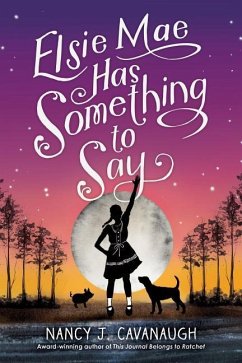

The book concludes with the Jews' return, after the war, to homes well kept for them by their neighbors.Ī deftly told story that dramatizes how Danes appointed themselves bodyguards-not only for their king, who was in the habit of riding alone in Copenhagen, but for their Jews. Apart from Lise's offstage death, there is little violence here like Annemarie, the reader is protected from the full implications of events-but will be caught up in the suspense and menace of several encounters with soldiers and in Annemarie's courageous run as courier on the night of the escape. When the Germans plan to round up the Jews, the Johansens take in Annemarie's friend, Ellen Rosen, and pretend she is their daughter later, they travel to Uncle Hendrik's house on the coast, where the Rosens and other Jews are transported by fishing boat to Sweden. Though ever cautious and fearful of the ubiquitous soldiers, she is largely unaware of the extent of the danger around her the Resistance kept even its participants safer by telling them as little as possible, and Annemarie has never been told that her older sister Lise died in its service. The author of the Anastasia books as well as more serious fiction ( Rabble Starkey, 1987) offers her first historical fiction-a story about the escape of the Jews from Denmark in 1943.įive years younger than Lisa in Carol Matas' Lisa's War (1989), Annemarie Johansen has, at 10, known three years of Nazi occupation. A historical note explains the actual events surrounding the Georgia swamp’s protection. Absence of racial markers implies that they are white. Elsie Mae narrates, and characters’ dialogue is rendered in a broad dialect. The mystery surrounding the hog thefts falls flat, but the distinctive setting, the intriguing characters, and the glimpse at a culture that is unfamiliar to most are enough to carry it through.

Elsie Mae is spunky, headstrong, and kind, but she also has moments of jealousy and recklessness. Is this the fall her cousin warned would follow her pride? Or are the complications really just blessings in disguise? Gators, huckleberry pie, and sweet tea on the porch are all part of the swamper way of life. She seems to create more problems than she solves. But Elsie Mae is so focused on making a name for herself that she neglects to consider how her actions will affect those around her. A hog thief, a Bible-thumping cousin, and a dog that cannot seem to stay out of trouble all conspire to make this the most exciting and problem-filled summer ever. The canal project is only part of the drama in this Depression-era tale.

Eleven-year-old Elsie Mae lives for her summers spent with her grandparents on Honey Island in the Okefenokee Swamp-so when the swamp is threatened by a developer, she decides to do something to save the most beautiful place on Earth.


 0 kommentar(er)
0 kommentar(er)
